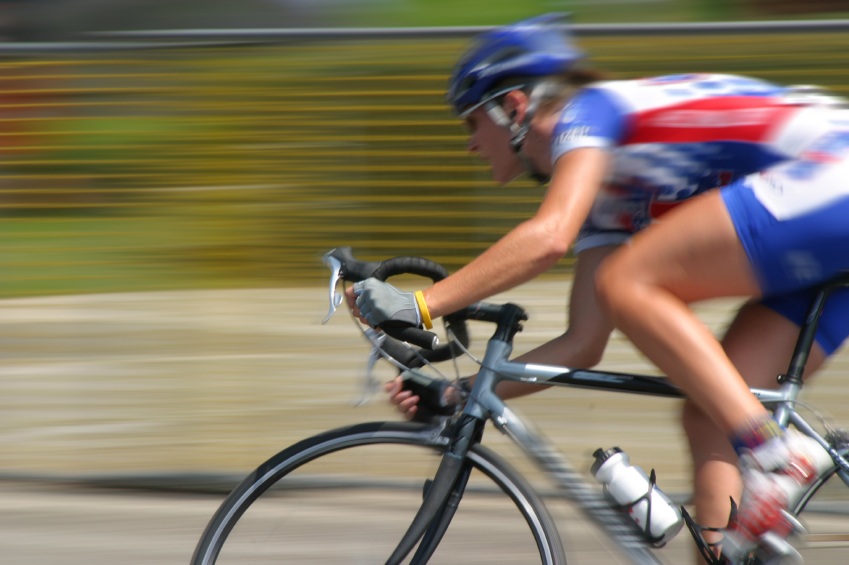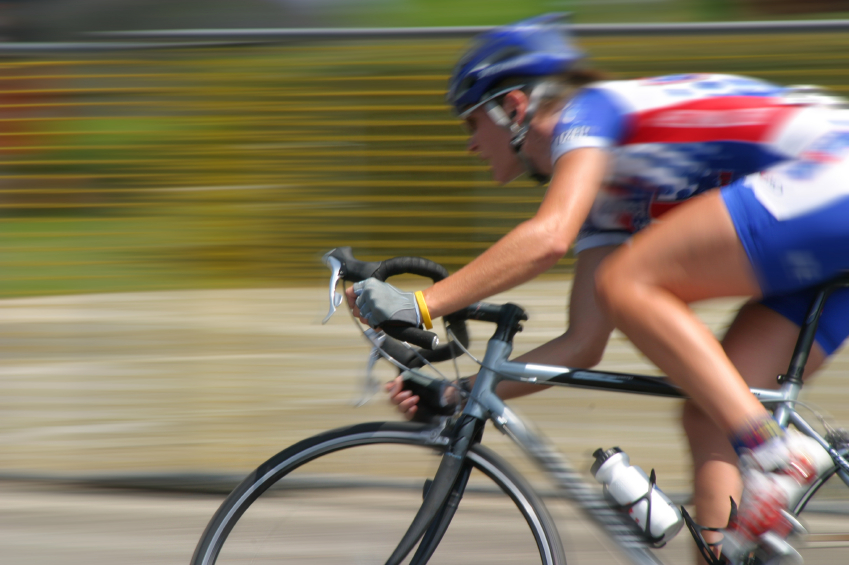
Trying to do things too quickly can lead to more mistakes, as I have found to my cost on more than a few occasions. Such as the time when I was in a hurry to leave the house for a meeting I left the one crucial document on the kitchen bench. But all too often how many of us are scooting around at high speed most of the time – are we setting ourselves up for more errors?
Why do we make more mistakes when working fast?
It is thought that our brain switches to a different mode of operating when we change into upper gear. It’s as if we have to trade: do you want to work fast, or accurately?
It is believed that when we make a decision, whether fast or slow, the brain uses the same method. So to work faster the brain simply reduces the cumulative amount of neuronal activity required. Having less information available to the decision making process simply sets us up to make more mistakes.
Researchers from Vanderbilt University used monkeys to developed tests to distinguish brain activity when decisions were needed to be either fast or accurate.
The researchers used the analogy of games shows to explain the tests. In the first game “Fast Fury” if you “buzzed” in with the wrong answer, that’s a bad outcome, but if the other contestant “buzzed” before you, then you can never win. So here speed is what counts.
In the second show “High Stakes Showdown” “buzzing” in early meant you got the opportunity to answer, but giving the wrong answer here invoked a serious penalty. Accuracy mattered more in this game.
What the researchers found saw was that in the “Fast Fury” game, brain cells were being activated even before the question had been read – i.e. anticipating or getting ready to answer. Whereas in the “High Stakes Showdown”, neural activity stayed quite low while the player waited to hit the buzzer.
So if you had the same question in both shows, the brain activity would be expected to be high in “Fast Fury” and low in “High Stakes Showdown”
What this actually means is that at a neuronal level, identical information is being processed or analysed differently.
So next time you are in a rush, consider – does it matter this time to be just quick, or is the outcome more valuable? It may just decide which game your brain decides to play.
Ref:
Richard P. Heitz, Jeffrey D. Schall. Neural Mechanisms of Speed-Accuracy Tradeoff. Neuron, 2012; 76 (3): 616 DOI: 10.1016/j.neuron.2012.08.030


